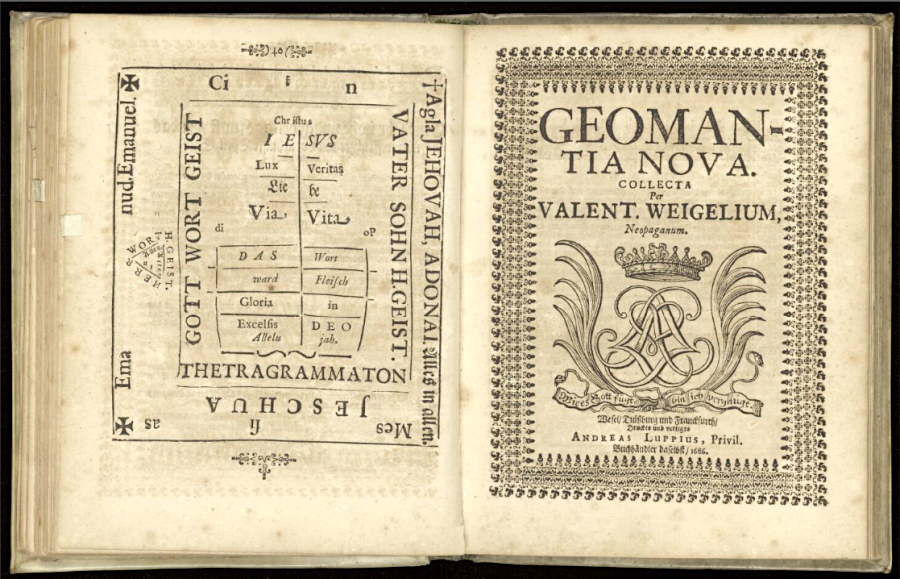The Occult Archive Apocalypse: Why the Ritman Library’s Digitized Tomes Are Humanity’s Intellectual Trap
Hello everyone. Once again, humanity’s obsession with ancient nonsense wrapped up in dusty old tomes has reared its head, this time courtesy of the Ritman Library in Amsterdam. Thanks to Dan Brown – yes, the maestro of pseudo-intellectual potboilers who people think is writing philosophy but is really just serving fast food for conspiracy theorists – their collection of pre-1900 alchemy, magic, and astrology books has been digitized under the almost laughably smug project name “Hermetically Open.” Clever title, sure. But let’s put the scalpel in and dissect this properly.
The Language Barrier of Occult Nonsense
So, here’s the “gift to humanity” we’re being sold: thousands of occult books written in Latin, German, Dutch, and French. Which is lovely… if you’ve spent the better part of your life buried in dead languages and have zero social hobbies. For the poor monolingual English speaker, what does this offer? A chance to click on “Cambridge” or “London” in a search filter and pull up an archaic pamphlet that looks like the warped cousin of Chaucer written by a man who probably bathed in mercury during his “experiments.” Honestly, reading these works is like grinding Dark Souls without leveling up; pure suffering, with only vague gestures at enlightenment at the end of the road, if you’re lucky.
Cookbooks for Wizards? Think Again
We’ve been trained by pop culture to think grimoires are basically Hogwarts Ikea manuals: recipes, spells, chants, “insert demon here.” What you actually get is a parade of tedious formulas, astrological diagrams that look like bad mods for Civilization, and essays that read like they were co-authored by a drunk priest and a mathematician obsessed with counting the syllables in God’s name. This stuff isn’t Harry Potter. It’s more like trying to do calculus in a haunted house. For anyone still romanticizing dusty old magic manuals – get ready for walls of text, weird typography, long “s”s that look like f’s, and instructions that promise spiritual transcendence but mostly leave you staring at the screen like a patient reading hospital discharge papers.
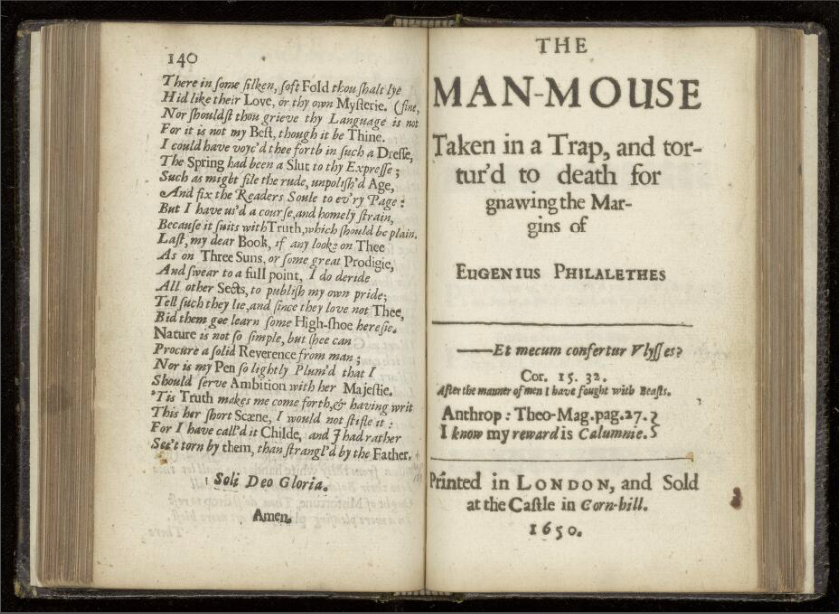
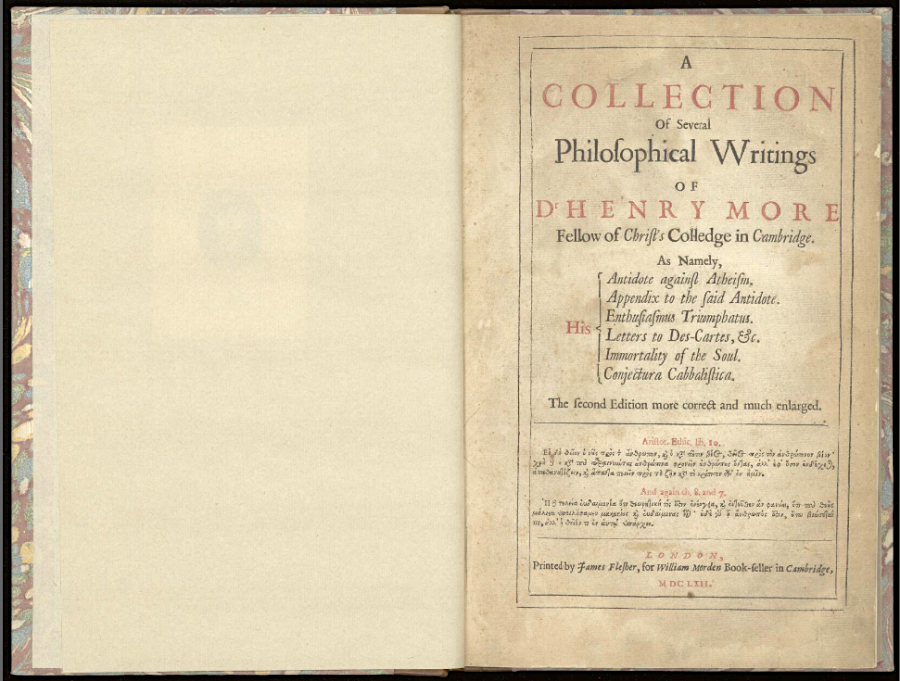
Magicians, Hoarders, and the Romantic Myth
Want atmosphere? You’ve got it. Imagine a tired, candle-burning scholar buried under moldy piles of books and the lingering stench of mildew. It’s Faust meets Skyrim modding gone too far. There’s poetry in the descriptions – “daylight straining through painted panes” and “worm-eaten” books teetering toward collapse. Yes, it’s evocative, but it also reads like décor for the world’s most depressing Harry Potter theme bar. Seriously, if this is the romantic life of a seeker of truth, I’d rather play The Witcher and meditate on Gwent strategy instead. At least that’s entertaining.
When Science and Magic Were Roommates
The real kick in the ribs is seeing people like Henry More – a Cambridge Platonist – and thinking this was once serious scholarship. There was a time when theology, philosophy, medicine, natural science, and alchemy were all spooning in the same bed. Isaac Newton himself was elbow-deep in alchemical text, trying to blend the secrets of the cosmos with the patience of a deranged lab rat. What we now call pseudoscience was actual science then. It’s a reminder that the line between brilliant discovery and lunatic rant was razor-thin – a bit like sitting in a modern cryptocurrency forum today.
What this library shows us is not enlightenment but the hilarious mess of human intellectual history.
The Verdict: Treasure or Trash?
I’ll give the project some credit. Preserving these books digitally is a good thing. At least we’re not leaving them to rot in the hands of people who think deodorant is still sorcery. But let’s be clear: for the average person, this isn’t going to be a gateway to wisdom. It’s going to be a gateway to frustration, headaches, and possibly dementia. As a doctor, I recommend you treat this archive like a history museum, not a self-help section. It’s fascinating, sure. Insightful at times, yes. But useful for modern life? About as useful as carrying potions in Skyrim when you’ve already maxed your health bar.
Final Diagnosis
The hermetic collection in Amsterdam is a digital time capsule of humanity’s most eccentric intellectual detours. It’s awkward, archaic, strangely beautiful, and utterly impractical. If you go in expecting Hogwarts, you will leave bleeding out in the first tutorial level. If you go in with historian’s eyes, you’ll marvel at the sheer ambition and absurdity of past thinkers. So yes, I begrudgingly admit – it’s good this exists. But only if you know exactly what you’re signing up for: madness wrapped in Latin footnotes.
Overall impression: Good for historical preservation, useless if you’re looking for a personal grimoire.
And that, ladies and gentlemen, is entirely my opinion.
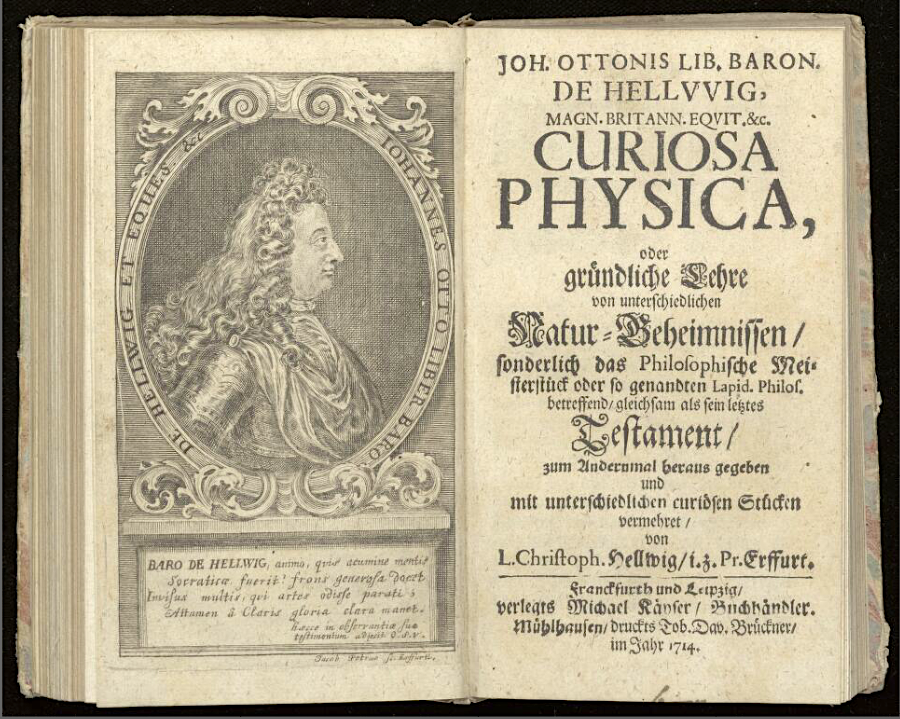
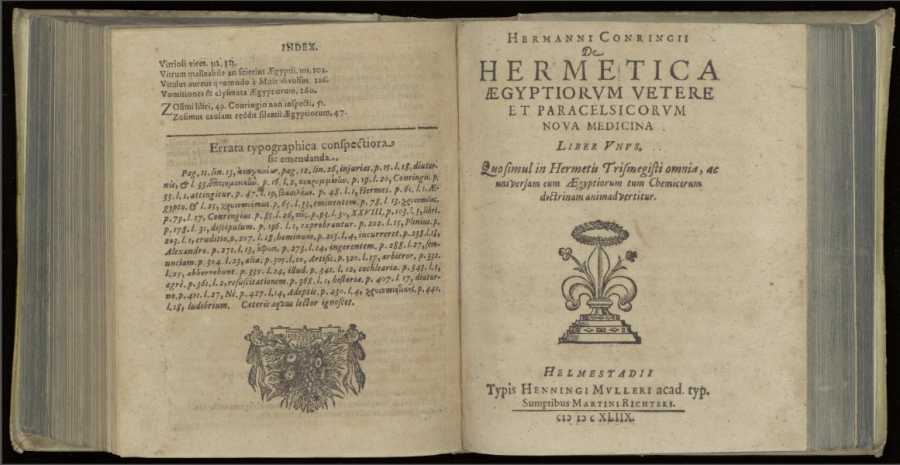
Occult books digitized and put online by Amsterdam’s Ritman Library, source.

